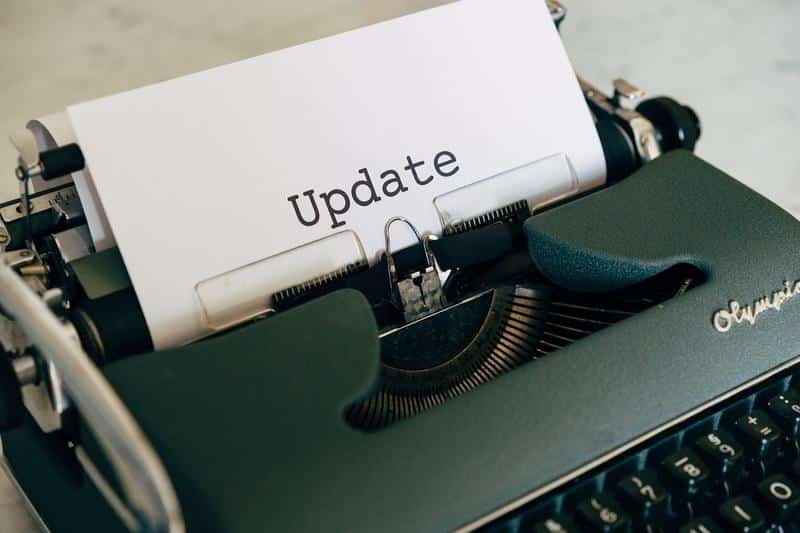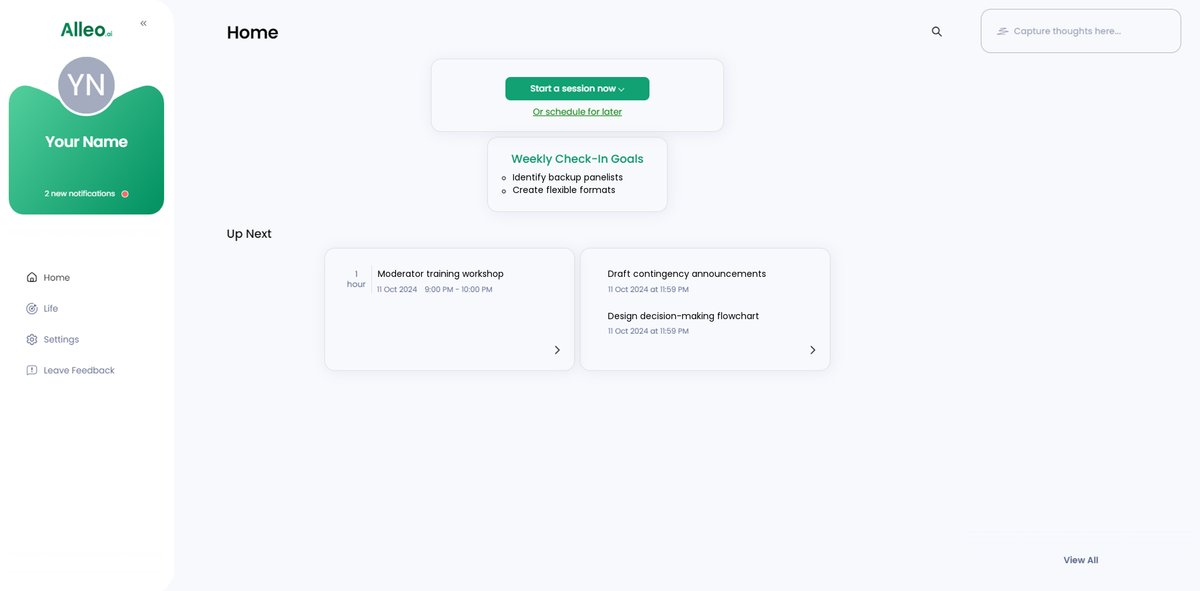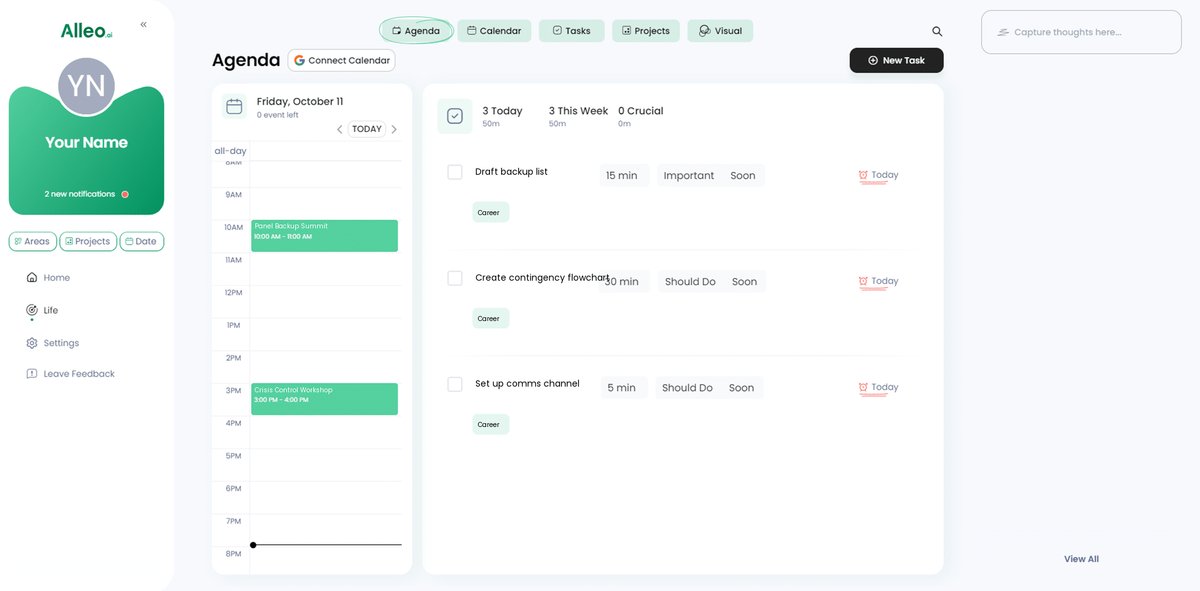7 Best Practices for Convention Organizers: Mastering Last-Minute Panel Changes
What if your star panelist cancels just moments before their session? Handling last-minute convention panel changes can be a daunting challenge.
As an event planner, I’ve seen how last-minute changes can throw even the most meticulously planned conventions into disarray. Effective event crisis management is crucial in these situations.
In this article, we’ll explore specific strategies to handle these disruptions seamlessly. You’ll learn how to prepare backups, communicate effectively, and adapt on the fly. We’ll cover everything from emergency speaker replacements to on-site schedule modifications and digital program updates.
Let’s dive into the world of conference contingency planning and panelist cancellation protocols.

The Chaos of Last-Minute Changes
Handling last-minute convention panel changes can disrupt everything. They affect not only the panel scheduling flexibility but also the overall attendee experience.
Many clients struggle with attendees’ disappointment when a favorite panelist cancels last minute. It’s painful to see the ripple effects on the event’s atmosphere and satisfaction, often requiring emergency speaker replacements.
Unpreparedness can lead to chaos. Attendees may feel frustrated, and the event’s reputation can suffer due to inadequate last-minute agenda adjustments.
That’s why having a solid contingency plan is crucial. It mitigates the impact of these disruptions and keeps the event running smoothly, emphasizing the importance of conference contingency planning.
From my experience, effective planning makes all the difference. You need strategies to manage these unexpected changes seamlessly, including panelist cancellation protocols and audience communication strategies.

Strategic Solutions to Manage Last-Minute Panel Changes
Overcoming this challenge of handling last-minute convention panel changes requires a few key steps. Here are the main areas to focus on to make progress in event crisis management:
- Prepare a backup pool of alternate panelists: Identify and maintain contact details for potential alternates, creating a backup speaker database.
- Create flexible panel formats for easy adaptation: Design adaptable panel structures and train moderators accordingly, enhancing panel scheduling flexibility.
- Establish rapid communication channels with team: Set up a dedicated platform for instant updates and assign specific roles for effective conference contingency planning.
- Develop pre-written contingency announcements: Draft and approve various announcement scenarios in advance to support audience communication strategies.
- Train moderators in last-minute change management: Organize workshops and provide scripts for handling disruptions and emergency speaker replacements.
- Set up a system for quick schedule updates: Implement a digital tool for real-time scheduling updates accessible to all, facilitating digital program updates and on-site schedule modifications.
- Create an emergency decision-making flowchart: Develop and display a flowchart outlining clear steps and responsibilities for last-minute agenda adjustments and panelist cancellation protocols.
Let’s dive in!
1: Prepare a backup pool of alternate panelists
Preparing a reliable roster of alternate panelists is crucial for handling last-minute convention panel changes and can save your event from chaos when a last-minute cancellation occurs.
Actionable Steps:
- Create a list of potential panelists who can step in on short notice, enhancing your panel scheduling flexibility.
- Keep an updated database with their contact details and availability for emergency speaker replacements.
- Build and maintain relationships with industry professionals who can serve as alternates in case of panelist cancellation.
Explanation: Having a backup pool ensures you can quickly fill gaps, minimizing disruption and maintaining your event’s quality when handling last-minute convention panel changes.
This step aligns with current trends in event management, emphasizing flexibility and preparedness for last-minute agenda adjustments.
For instance, utilizing a detailed contingency plan can help you handle unexpected changes smoothly, improving your event crisis management.
Remember, a well-prepared backup speaker database can transform potential chaos into a manageable situation when dealing with last-minute convention panel changes.

2: Create flexible panel formats for easy adaptation
Creating flexible panel formats is crucial for handling last-minute convention panel changes and adapting to sudden changes in your event schedule.
Actionable Steps:
- Design versatile panel formats: Create formats like Q&A sessions or interactive discussions that can be easily modified for panel scheduling flexibility.
- Train moderators for flexibility: Ensure moderators are comfortable with different panel structures and can adapt on the fly, aiding in event crisis management.
- Prepare adaptable content: Develop content that can be easily adjusted to fit various formats without losing its value, facilitating last-minute agenda adjustments.
Explanation: By using versatile panel formats, you can handle last-minute changes more smoothly. This approach aligns with current trends in event management and ensures that your event remains engaging and professional.
Flexible formats and prepared moderators keep your audience satisfied, even when unexpected changes occur, such as emergency speaker replacements.
Having adaptable panel formats helps maintain the event’s flow and keeps attendees engaged, regardless of any disruptions, supporting effective conference contingency planning.

3: Establish rapid communication channels with team
Quick and clear communication is crucial when handling last-minute convention panel changes.
Actionable Steps:
- Set up a dedicated communication platform: Use tools like Slack or WhatsApp for instant updates on panel scheduling flexibility.
- Assign team members specific roles: Ensure everyone knows their responsibilities during emergencies, including emergency speaker replacements.
- Schedule regular check-ins: Keep the team aligned with frequent updates and status checks for last-minute agenda adjustments.
Explanation: Effective communication ensures that everyone is informed and can act swiftly. This reduces confusion and helps manage disruptions better, which is essential for event crisis management.
For example, using a dedicated platform like Slack aligns with current trends in event planning, ensuring clear and prompt updates for handling last-minute convention panel changes.
Key benefits of rapid communication include:
- Minimized response time to unexpected changes, such as panelist cancellation protocols
- Improved coordination among team members for on-site schedule modifications
- Reduced stress and uncertainty during emergencies, supporting conference contingency planning
By setting up rapid communication channels, you can handle last-minute convention panel changes efficiently, implement audience communication strategies, and maintain a seamless event experience. This approach also facilitates digital program updates and helps manage your backup speaker database effectively.

4: Develop pre-written contingency announcements
Creating pre-written contingency announcements is essential for handling last-minute convention panel changes and managing sudden changes smoothly.
Actionable Steps:
- Draft multiple announcement versions: Prepare different announcements for various scenarios like cancellations or delays, including emergency speaker replacements and last-minute agenda adjustments.
- Review and approve in advance: Ensure these announcements are reviewed and approved by relevant stakeholders beforehand as part of your conference contingency planning.
- Store for easy access: Keep these pre-written announcements in a central, easily accessible location for quick deployment during event crisis management situations.
Explanation: Having pre-written announcements ready allows for swift communication during disruptions, reducing confusion and maintaining professionalism. This is crucial for audience communication strategies when handling last-minute convention panel changes.
This approach aligns with industry trends in event planning, ensuring that your team can quickly inform attendees and manage expectations, even when faced with panelist cancellation protocols.
Having prepared announcements can help maintain order and keep attendees informed during unexpected changes, demonstrating panel scheduling flexibility and facilitating on-site schedule modifications.

5: Train moderators in last-minute change management
Training moderators to handle unexpected changes is crucial for maintaining a smooth event flow and handling last-minute convention panel changes.
Actionable Steps:
- Organize focused workshops: Conduct training sessions that teach moderators how to manage sudden disruptions, maintain control, and implement panel scheduling flexibility.
- Provide detailed scripts and guidelines: Equip moderators with clear instructions on how to handle various scenarios, including emergency speaker replacements and last-minute agenda adjustments.
- Encourage role-playing exercises: Have moderators practice different situations to build confidence and adaptability in event crisis management.
Explanation: These steps help moderators stay composed and effective during unexpected changes. This aligns with current trends in event planning, emphasizing preparedness and flexibility for handling last-minute convention panel changes.
For example, utilizing workshops and role-playing aligns with advice from moderator survival guides to ensure readiness for conference contingency planning.
Essential skills for moderators in change management:
- Quick thinking and adaptability for on-site schedule modifications
- Clear and confident communication for audience communication strategies
- Ability to redirect discussions smoothly when implementing panelist cancellation protocols
By training your moderators effectively, you can maintain professionalism and keep your event running smoothly despite last-minute changes, utilizing backup speaker databases and digital program updates as needed.
6: Set up a system for quick schedule updates
Setting up a system for quick schedule updates ensures you can manage last-minute convention panel changes efficiently.
Actionable Steps:
- Implement a digital scheduling tool: Use a tool that allows real-time updates and is accessible to all stakeholders, facilitating last-minute agenda adjustments.
- Test the system regularly: Ensure it functions smoothly under pressure by conducting regular tests, preparing for event crisis management scenarios.
- Ensure accessibility: Make sure the tool is available to attendees, panelists, and staff for seamless communication, supporting panel scheduling flexibility.
Explanation: These steps are crucial for maintaining order during disruptions and handling last-minute convention panel changes.
A reliable digital tool helps you update schedules in real-time, reducing confusion and keeping everyone informed about on-site schedule modifications.
This approach aligns with industry trends in event management, emphasizing the importance of technology in effective planning and conference contingency planning.
A robust update system can transform potential chaos into a well-managed situation, keeping your event on track even when faced with emergency speaker replacements or panelist cancellation protocols.

7: Create an emergency decision-making flowchart
Creating an emergency decision-making flowchart is vital for managing unexpected scenarios at conventions, including handling last-minute convention panel changes.
Actionable Steps:
- Develop a detailed flowchart: Outline clear steps and responsible parties for various emergencies, including panelist cancellation protocols.
- Include specific decision points: Identify key moments where quick decisions are required and assign decision-makers for last-minute agenda adjustments.
- Regularly review and update: Ensure the flowchart reflects current team roles and potential scenarios for event crisis management.
Explanation: Having a flowchart helps streamline decision-making during emergencies, reducing confusion and delays in handling last-minute convention panel changes.
This approach aligns with current trends in event management, emphasizing the importance of clear procedures for conference contingency planning.
By displaying the flowchart in strategic locations, you ensure everyone knows the process and can act promptly for on-site schedule modifications.
Key components of an effective emergency flowchart:
- Clear chain of command for panel scheduling flexibility
- Defined escalation procedures for emergency speaker replacements
- Specific actions for common scenarios, including audience communication strategies
This proactive step can transform potential chaos into a well-coordinated response, utilizing backup speaker databases and digital program updates when necessary.
Partner with Alleo for Seamless Event Management
We’ve discussed how to handle last-minute panel changes at conventions. But did you know Alleo can help make this process of handling last-minute convention panel changes smoother?
Setting up an account with Alleo is easy. Create a personalized plan to address your specific challenges, including panel scheduling flexibility and emergency speaker replacements.
Alleo’s AI coach provides tailored support for last-minute agenda adjustments, just like a human coach.
Receive full coaching sessions and actionable advice on event crisis management and conference contingency planning. Get reminders and updates through text and push notifications.
Alleo follows up on your progress and helps you stay accountable, ensuring you’re prepared for panelist cancellation protocols and on-site schedule modifications.
Ready to get started for free? Let me show you how to improve your audience communication strategies and digital program updates!
Step 1: Logging in or Creating an Account
To start managing your convention planning with AI assistance, Log in to your account or create a new one to access Alleo’s event management tools and personalized coaching.

Step 2: Choose “Building better habits and routines”
Click on “Building better habits and routines” to develop strategies for managing last-minute changes more effectively, helping you create a structured approach to handling unexpected disruptions at your events.

Step 3: Select “Career” as Your Focus Area
Choose “Career” as your focus area in Alleo to receive tailored guidance on managing professional challenges like last-minute panel changes, helping you enhance your event planning skills and advance your career in the convention industry.

Step 4: Starting a coaching session
Begin your journey with Alleo by scheduling an initial intake session, where you’ll discuss your event planning challenges and set up a personalized strategy to handle last-minute panel changes effectively.

Step 5: Viewing and managing goals after the session
After your coaching session on handling last-minute panel changes, check the Alleo app’s home page to review and manage the goals you discussed, helping you stay on track with improving your event management skills.

Step 6: Adding events to your calendar or app
Seamlessly integrate your convention planning tasks into your daily schedule by adding events to your calendar or app, allowing you to track your progress in solving last-minute panel changes and other event management challenges using Alleo’s built-in calendar and task features.

Wrapping Up: Turning Chaos into Order
Handling last-minute convention panel changes can feel overwhelming, but with the right strategies, it’s entirely manageable.
Remember, being prepared is key when it comes to conference contingency planning.
From having backup panelists to quick communication and flexible formats, these panel scheduling flexibility steps can save the day.
Don’t let unexpected changes or panelist cancellation protocols ruin your event.
By implementing these best practices for event crisis management, you can ensure a smooth experience for everyone involved.
And if you need extra help with last-minute agenda adjustments, Alleo is here to assist.
Try Alleo for free and see how it can transform your event planning and on-site schedule modifications.
Stay prepared and turn potential chaos into a well-coordinated success when handling last-minute convention panel changes!